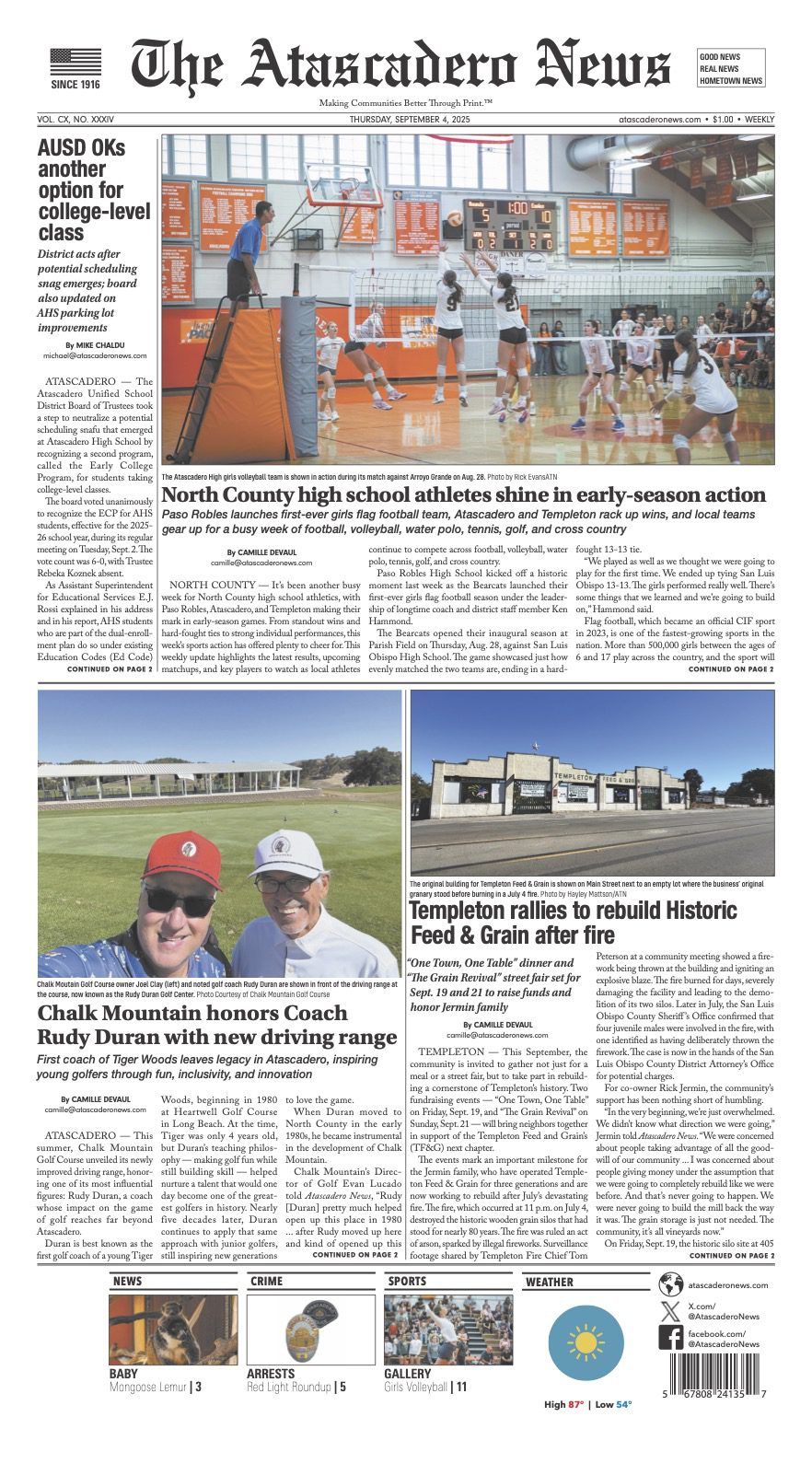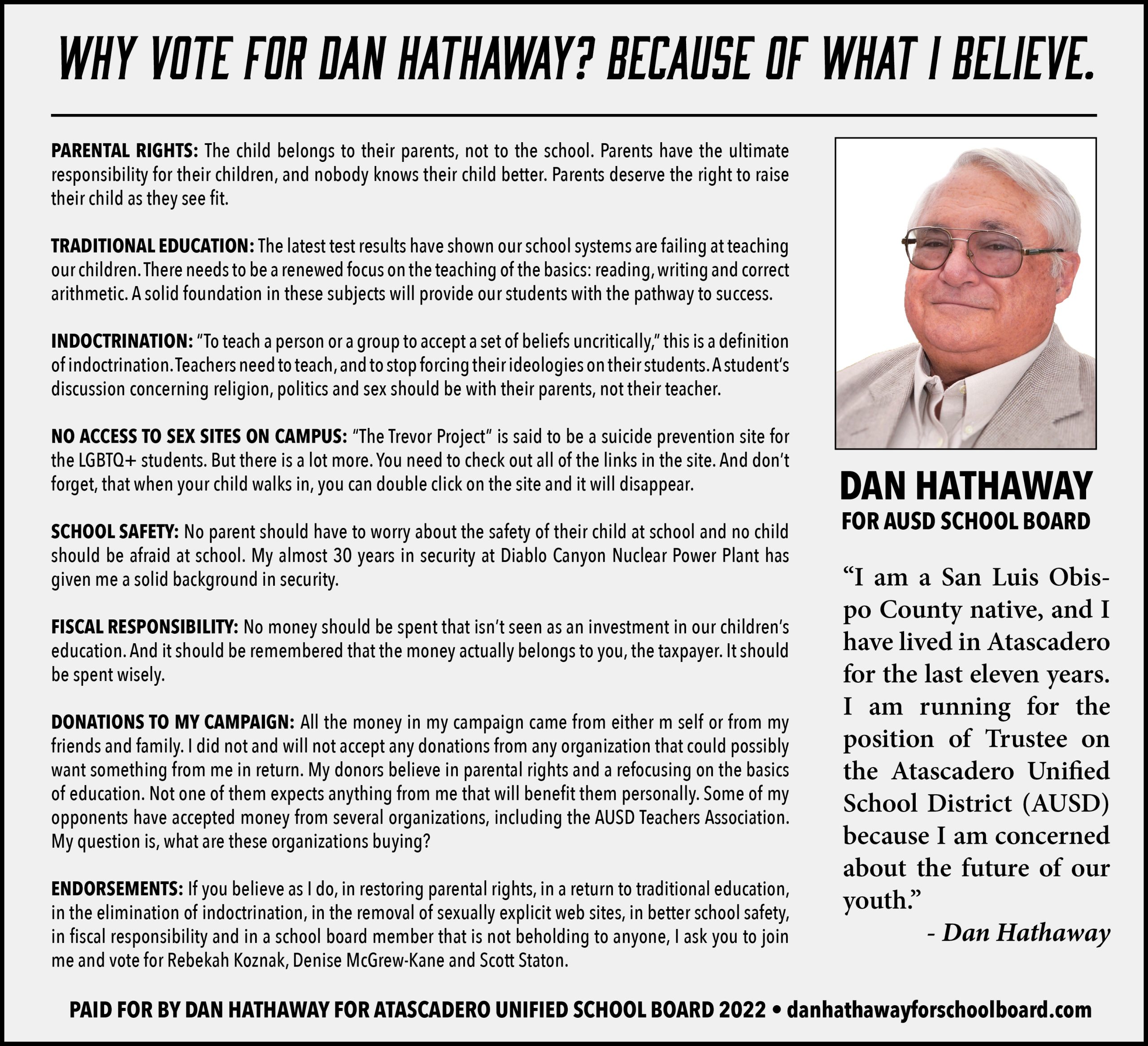By Daniel Rich
Many experts agree that the more people challenge themselves, the less likely they will be faced with cognitive decline. The experts specifically suggest that anything that encourages a person to think
in new and different ways may help to fight cognitive decline.
There are many ways to be challenged. Of course, this should be tailored to the individual, building on their particular interests, abilities, and strengths.
Examples include taking up drawing, painting, playing a musical instrument, gardening, cooking, photography, or studying a foreign language. Anything that expands your horizons encourages you to think, plan and act in new ways.
Joining a group book club, meeting, and discussing books or articles combines both social interactions as well as intellectual stimulation.
Enrolling in your local Junior College or University and taking courses is potentially enriching. Some courses can be taken without actually receiving course credits. There are typically a wide variety of available courses; reviewing the school’s catalogs would be a starting point in learning what is available.
Other approaches to obtaining intellectual stimulation and being helpful to others would be to volunteer at your local Continuation or High School. For example, I used to assist middle school students in their computer lab.
The main point is to be challenged and stimulated. So, for example, I have tried learning different types of computer operating systems and different types of cameras to that end.
One source suggests that instead of new hobbies or activities, just do more of what you love, which can be as simple as reading daily newspapers or playing Monopoly or similar games with your children or grandchildren.
It has been pointed out that there are both physical and mental benefits of regular exercise. The suggestion is to participate in outdoor activities, such as taking up walking, hiking, sailing, golfing, or off-road mountain biking. In addition, regular exercise, even simply walking, can result in thinking improvement in just months.
In my opinion, there is one common denominator in all of the activities listed in the beginning of this article. That is risk-taking, the right kind of risk-taking. When I talk about risk, I do not mean bungee jumping or driving recklessly.
What I mean is taking the risk of trying something new or looking at things in a new way. This means taking the risk of being involved in the unfamiliar or even taking the risk of failure. But, in my opinion, those risks pale in comparison to the potential benefits of not only
enriching your life, but potentially minimizing cognitive decline.
But with taking risks also comes the satisfaction of trying new things, learning new skills, or simply viewing the world in different ways.
It means getting out of the rut of doing things the way that you always have.
It means being flexible and open-minded. It also means that that there is some risk of missteps or even failures. But in the end, experiencing life in new and different ways not only keeps you sharp and focused,
but can be both rewarding and exciting.
Besides the previously mentioned activities, it has been suggested that there are both physical and mental benefits of regular exercise. It has been suggested to participate in outdoor activities, which could include
walking, hiking, sailing, golfing, or off-road mountain biking. In addition, regular exercise, even simply walking, can result in improved thinking in just months.
Strength training is also beneficial because it is not the only exercise that can improve thinking, but it can also minimize the risk of falling.
Besides regular exercise, it has suggested that a Mediterranean style of diet, including eating at least two servings of fish a week, such as salmon, helps to slow cognitive decline. Additionally, note that
excessive alcohol consumption has been linked to cognitive decline.
Writing this article was one example of risk-taking. I was taking the risk of being seen as being stupid or not presenting anything valuable.
On the other hand, if anyone finds this article meaningful or helpful, then this has been rewarding for me and worthwhile for the readers.
Your comments or reactions are welcomed.











